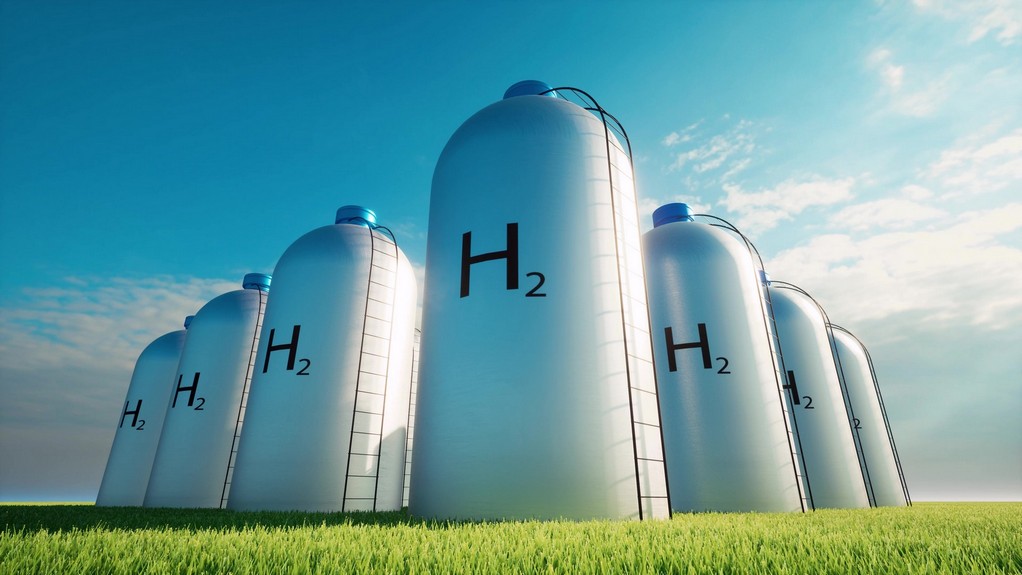The International Chamber of Shipping (ICS) presents a new report identifying hydrogen demand sectors, demand locations, and the demand-pull timeline.
The groundbreaking report, written by the Professor of Energy Economics at Biberach University of Applied Sciences, Germany, called “Turning hydrogen demand into reality: Which sectors come first?” focuses on the potential of clean hydrogen to function as an energy carrier and feedstock to decarbonise multiple sectors, especially hard-to-abate sectors.
The report identifies that to meet future hydrogen demand, the scale of renewable electricity demand for green hydrogen production is unprecedented and leads to once-in-a-generation opportunities and challenges.
Key findings
Hydrogen has an important but not dominant role in the transformation towards climate neutrality.
Hydrogen demand depends strongly on climate ambitions and could benefit from offtake agreements with multiple sectors.
Scenarios for future hydrogen demand show huge variability and uncertainty from now towards 2050.The rate and timeline of hydrogen uptake varies between sectors due to infrastructure, regulatory and sectoral ecosystem challenges and is likely to take place in stages.
To unlock investment, governments should also focus their attention on supporting demand side derisking over supply side subsidy.
Industrial demand, and not transport, will vastly dominate hydrogen demand in the coming decades, acting as a baseload for hydrogen demand.
The scale of electricity demand for green hydrogen production is unprecedented and leads to oncein-a-generation opportunities and challenges.The need for hydrogen transport by ship requires the energy–maritime value chain to shift towards a low-carbon infrastructure that is fit for purpose.
Maritime trade infrastructure is essential for scaling up hydrogen demand and reducing costs. Demand-pull for hydrogen is further enabled by trade.
The role of maritime shipping is primarily as an enabler of a hydrogen economy and is key for global energy security
The report highlights three economies as the main markets to initially drive hydrogen demand: South Korea, Japan, and the EU.
Europe has a target of 20 million tonnes of hydrogen per year by 2030, with half of that volume to come from imported sources. To meet this expected demand of the EU, the fleet will need to increase by up to 300 vessels for the EU2030 target.
According to the International Energy Agency (IEA), hydrogen use is expected to remain static and within current industrial use cases into 2030. However, to go beyond the current hydrogen demand by existing sectors, infrastructure, enabling regulation, and power access barriers need to be addressed for new sectors to begin uptake of hydrogen, the report finds.
The maritime industry will play a key role by connecting the hydrogen surplus regions with the high consumption areas. However, this necessitates port infrastructure for loading/unloading and pipeline transport from the port to the consumers. Coordinated action would help most to deliver this.
Tags: Hydrogen, ICS, NetZero



Recent Posts
Himachal Pradesh Plans Major Boost to Public Transport with E-Buses and Digital Upgrades
Ammonia-Fueled Container Feeder Design Marks Progress in Maritime Decarbonisation
ABS Develops Industry-Leading EV Battery Fire Simulation Modeling
Wilhelmsen Ships Service Joins the Maritime Battery Forum to Accelerate Maritime Electrification
Indian Student Team Wins Communication Prize at Monaco Energy Boat Challenge 2025
Babcock’s LGE Business Secures Contract for Marine Ammonia Fuel System to Advance Shipping Decarbonisation
Associated Terminals Deploys Liebherr’s All-Electric Cranes in Landmark Move Toward Cleaner Cargo Handling
Sanmar delivers fully electric emissions-free tug to major global operator Svitzer